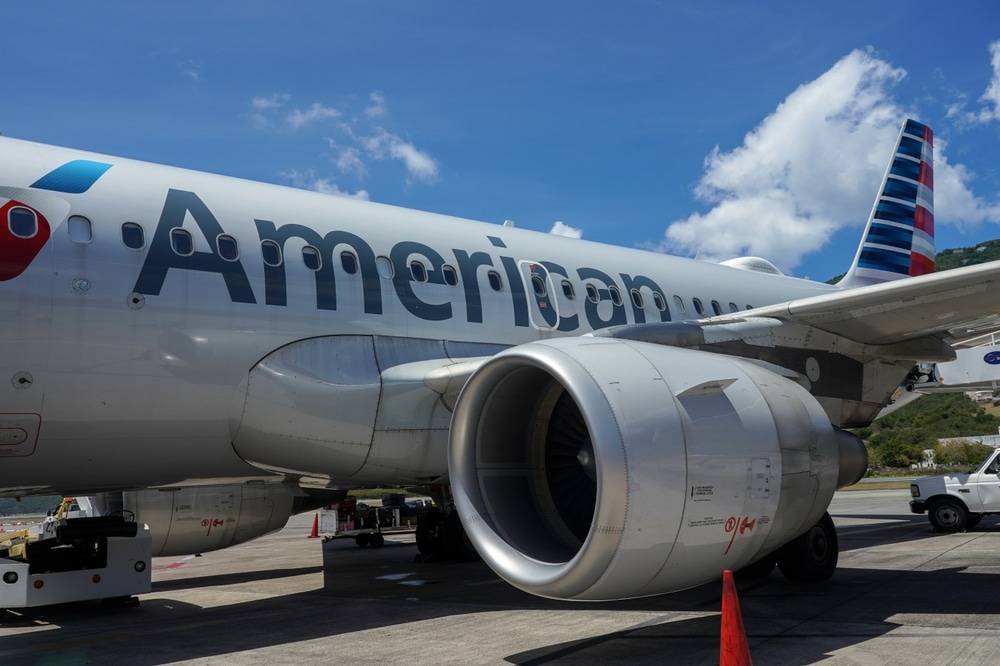The tit-for-tat between China and the United States shows no signs of abating, escalating tensions that have significant implications for global trade, and particularly for businesses like Boeing. In a strategic maneuver, China has recently instructed its domestic airlines to stop accepting any new orders from Boeing. This directive also includes a halt to purchasing parts from other U.S. companies, showcasing the deepening rift each step of the way as both countries engage in what feels like a never-ending trade battle.
The stakes couldn’t be higher as tariffs on goods from both nations keep climbing. The U.S. has raised tariffs on certain Chinese imports to a staggering 145%. In response, China has slapped an equally heavy 125% duty on U.S. products. As reported by Bloomberg, these tariffs can drastically inflate the cost of Boeing aircraft and parts, potentially pricing them out of reach for airlines that are already navigating a tough economic landscape. It’s not just about numbers; the repercussions could reshape the aviation industry as we know it, with Chinese airlines possibly looking toward European aircraft maker Airbus or its own national manufacturer, Comac, to fulfill their needs.
During the first quarter of this year alone, Boeing successfully delivered 130 jets to Chinese airlines. There’s even a batch of 10 737 Max aircraft set to be shipped soon. However, there’s a silver lining for Boeing; some jets could still make it into the Chinese market if airlines finalize their paperwork and payments before these escalating trade tensions take full effect.
Airlines like Ryanair are also feeling the pressure, as CEO Michael O’Leary has announced a reconsideration of their upcoming delivery schedule. With 25 Boeing jets on the way in August, which are not urgently needed until next year, he stated, “We might delay them and hope that common sense will prevail.” It’s a sentiment many of us can relate to; the hope for resolution amidst uncertainty.
The recent escalation isn’t confined to just airline purchases. On April 15, the White House highlighted in a fact sheet the potential for tariffs on imports from China to reach a staggering 245% after the country retaliated against U.S. measures. Negotiations for new trade deals are in limbo, and neither side shows a willingness to compromise despite ongoing discussions.
The impacts of escalating trade tensions extend beyond economic ramifications into the realm of everyday life. The Hong Kong postal service announced it would stop servicing packages destined for the U.S. Mail sent by sea has already been suspended, and for those with urgent needs, air mail will also cease around April 27. While private courier companies like DHL are still operational, the costs are likely to rise, forcing individuals and businesses to rethink their logistics.
This move followed President Trump’s executive order aimed at increasing tariffs on lower-valued goods imported from China and Hong Kong, which had previously escaped scrutiny. A statement from Hong Kong’s government labeled the U.S. actions as “unreasonable” and “bullying,” asserting their stance that they would not collect any tariffs on behalf of the U.S. and would cease accepting postal items containing goods bound for American shores.
As tensions mount, China has even issued advisories warning its citizens about the potential risks of traveling or studying in the U.S., a move suggesting that the effects of these diplomatic rows are personally affecting many on both sides. Other nations like Canada, Germany, and the Netherlands have echoed similar concerns regarding travel to the U.S., highlighting potential detainment and border policy issues, as well as a rollback on transgender rights that has created an unfriendly environment for many travelers.
As we watch this situation unfold, it’s hard not to feel a mix of anxiety and frustration; the ripples created by political decisions can reach far beyond government chambers, affecting individual lives and the global economy. And as we continue to monitor these developments, we can only hope that reason prevails, paving the way for a more collaborative future.
Image Source: Leonard Zhukovsky / Shutterstock





























